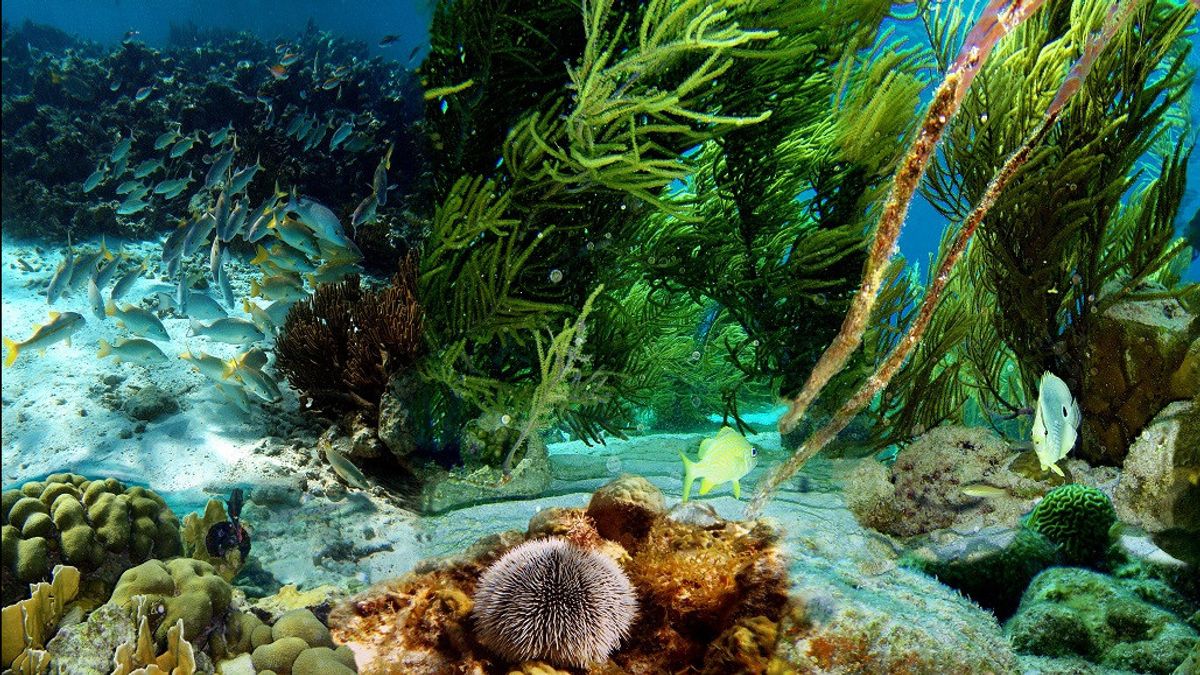JAKARTA - World scientists launched a search mission for 100,000 new underwater species on Thursday, involving divers, submarines and deep-sea robots.
Experts behind the initiative say that to date only about 10 percent of underwater life is known. The project is led by researchers in the UK and Japan.
Later, the new species found will be sent to laboratories around the world, in order to carry out DNA imaging and sequencing.
These efforts are carried out in line with climate change and pollution that raise concerns about marine life.
Mitsuyuki Unno, head of the Nippon Foundation, Japanese philanthropic group, said he hoped the project would "be a catalyst for global efforts to preserve our oceans".
"Sea life allows all life on Earth and holds the wisdom of four billion years of our evolution on Earth," said Yohei Sasakawa, chairman of the foundation.
"We can't protect what we don't know about its whereabouts," he said.
The researchers hope that sharing their findings around the world will help accelerate the process of scientifically describing new species.
With the new technology, this can be done in just a few months, instead of taking several years, said Alex Rogers, director of the project's sciences.
"The revolution in technology, such as digital imaging, sequencing and learning machines now, makes it possible to quickly and on a large scale," he explained.
The purpose of this project is to find at least 100,000 new species in its first decade. The new species will be named Latin scientific, and daily names in some cases.
Marine Census scientists believe there may be as many as 2.2 million species hiding in the water, with only about 240,000 that have been found so far.
The census will involve dozens of expeditions to marine biodiversity points, using private and government-owned research vessels, organizers said.
They see this mission as the development of historic expeditions such as the HMS Challenger cruise, which made deep sea discoveries between 1872 and 1876.
"We are racing against time to find marine life, before marine life disappears for future generations," said Sasawaka.
"Sea sinsus will create a great wealth of open accessible knowledge that will benefit and sustain all life on Earth, for mankind and our planet," he continued.
Sea life is threatened with extinction by factors such as sea temperature warming, water quality reduction, overfishing and pollution, according to UN experts.
The global biodiversity pact, signed last year, called for 30 percent of the world's land and oceans to be placed under protection by 2030.
Countries agree that biodiversity is "very important to the welfare of humans and healthy planets".
It is known, currently only about 8 percent of the world's sea areas are protected.
The English, Chinese, Japanese, Arabic, and French versions are automatically generated by the AI. So there may still be inaccuracies in translating, please always see Indonesian as our main language. (system supported by DigitalSiber.id)













